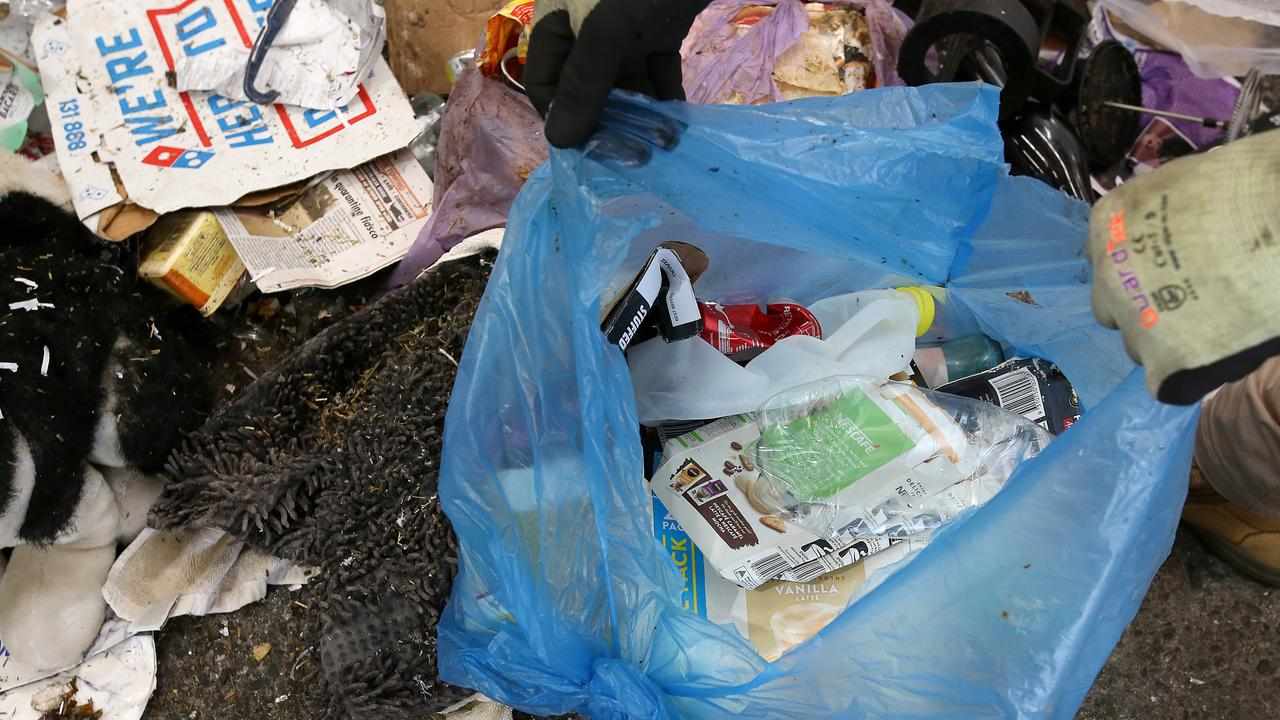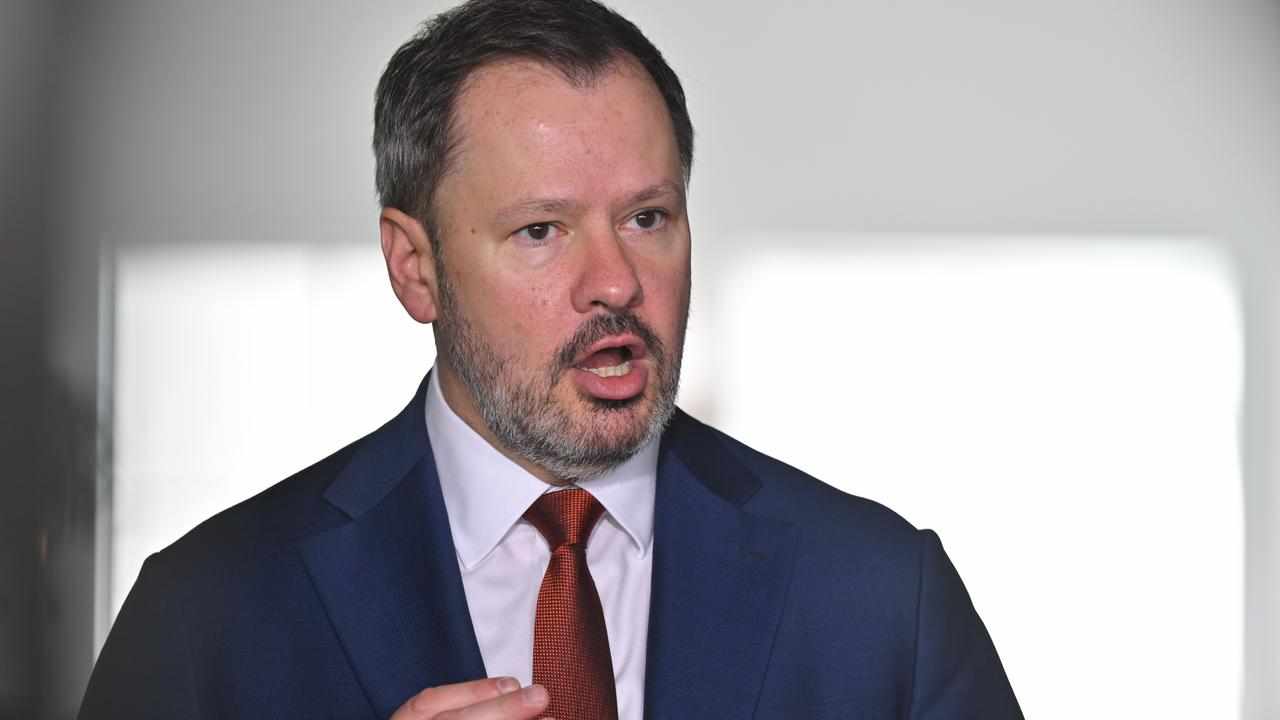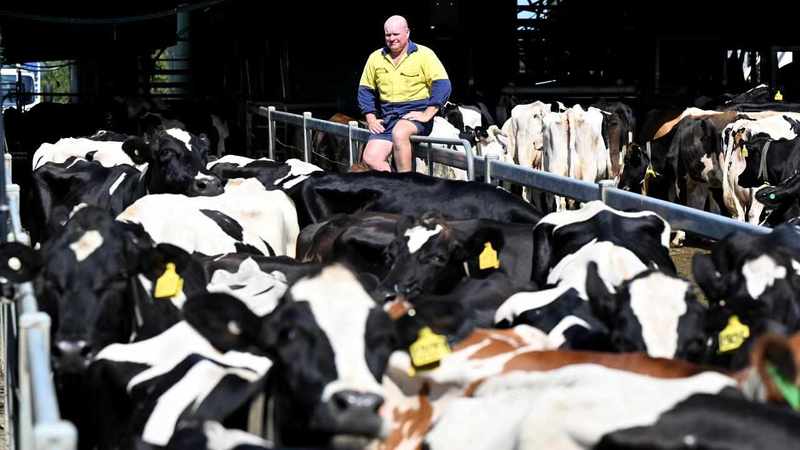Two new research centres will share $127 million to eliminate plastic waste and slash toxic emissions from livestock in a bid to avoid failure on climate targets.
"There are very few challenges more crucial than achieving net zero emissions and tackling plastic pollution," Industry and Science Minister Ed Husic said on Tuesday.
"We're close but we need to pull out all the stops to get over the line on our 2030 climate commitments," he said.

Plastics are embedded in manufacturing, packaging, food and groceries, as well as being fundamental to the waste and recycling sector.
Methane from cattle and sheep is a potent source of pollution that is contributing to global warming, and makes up nearly 10 per cent of Australia's total greenhouse gas emissions.
Led by Griffith University, the Solving Plastic Waste Cooperative Research Centre (CRC) will get $40 million to bring together 11 Australian universities, CSIRO expertise and more than 33 industry and other partners.
The Zero Net Emissions from Agriculture CRC has received $87 million to reduce methane emissions from grazing cattle and sheep, and to improve crop quality and production.
Together, the two research hubs will use $315 million in cash and in-kind contributions from project partners across the agriculture, environment, recycling and manufacturing sectors, Mr Husic said.
"We need to mobilise Australian industry play its role in the transition to net zero now," he said.
"But we also need to think about the next big steps, which is why it is important to get Australian science and industry working together on this."

Griffith University Vice Chancellor Carolyn Evans said the plastic waste research centre would bridge the gap between industry, researchers, and governments.
Research programs will examine materials and design to reduce the environmental impact of products, recovery and value of end-of-life plastics and the risk of microplastics in agricultural soils.
Developing a so-called circular economy, where there is more recycling and less waste ending up in landfill, is also a research priority.
"Plastics play a major role in the global economy, benefiting a wide range of industries like agriculture, healthcare, packaging, construction, and transportation," interim plastics CRC CEO Ian Dagley said.
But the way plastic is used is unsustainable, Dr Dagley said.
"It sees most of the end-of-life value of plastics lost and the result is plastic waste pollution, which poses a major environmental challenge," he said.
Australia is part of a voluntary global methane pledge to cut emissions by 30 per cent by 2030, with gas production another leading source.









